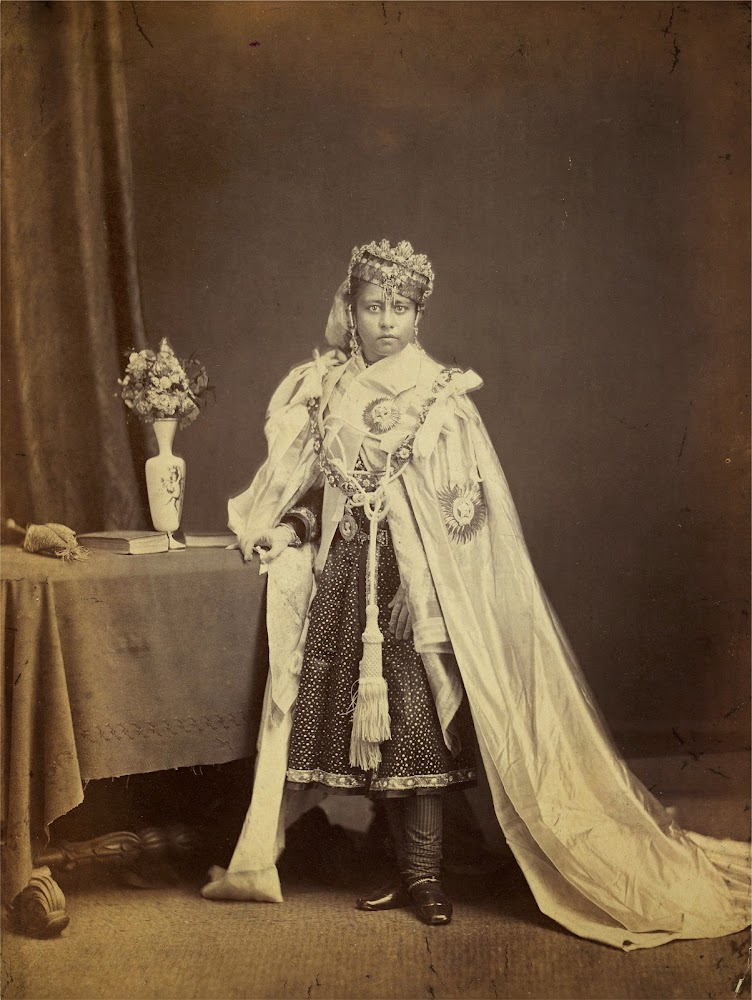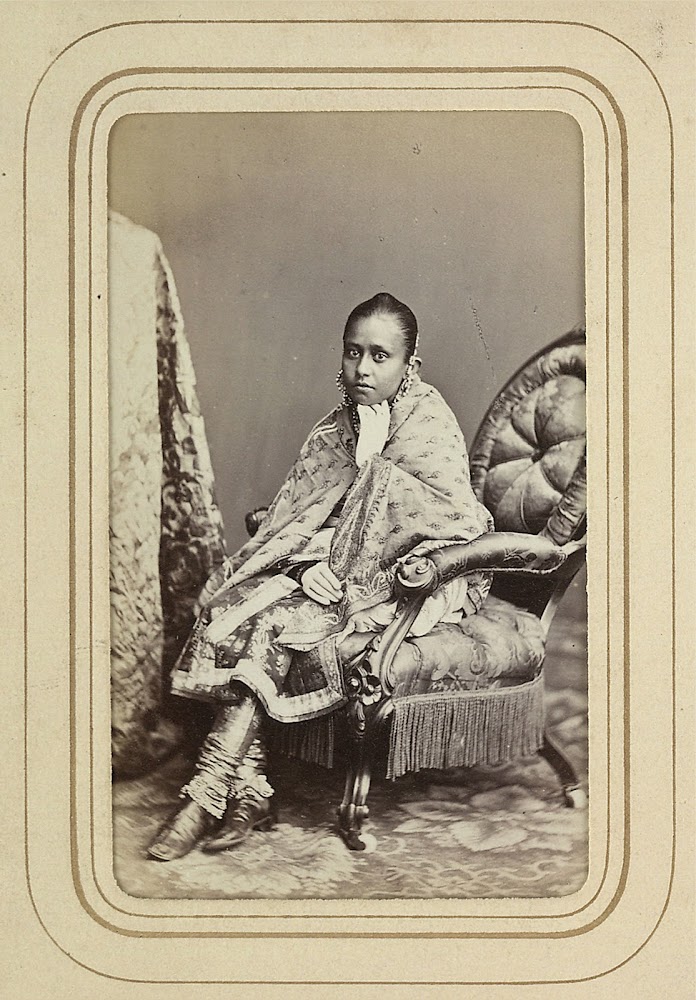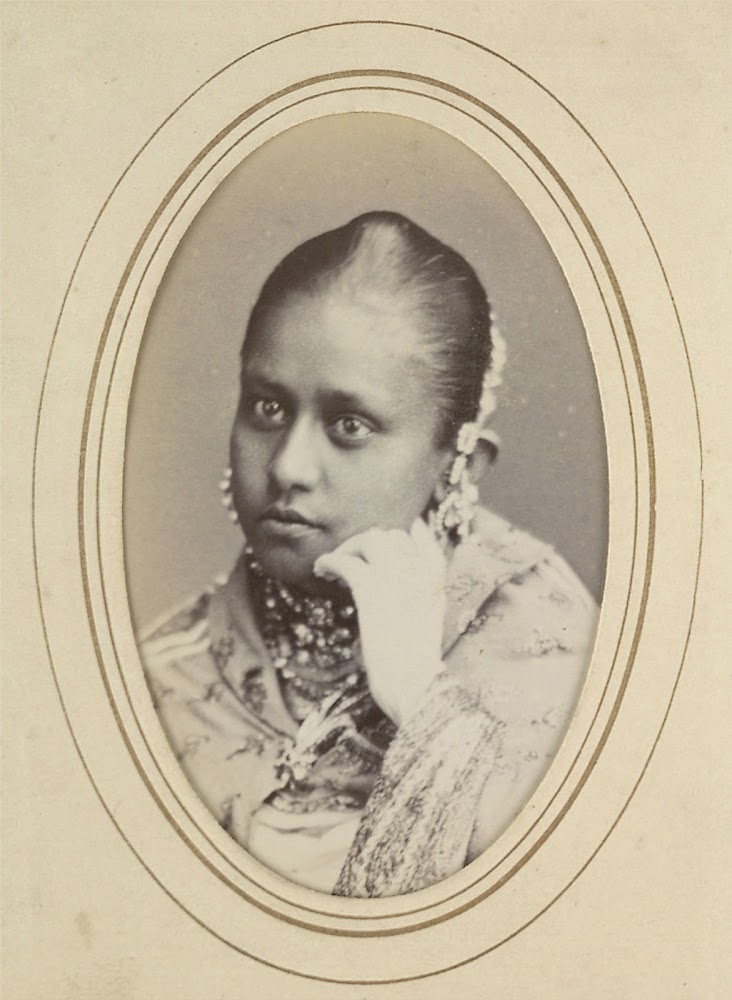Born in Islamnagar near the city of Bhopal, Shahjahan was the only surviving child of Sikandar Begum, sometime Nawab of Bhopal by correct title, and her husband Jahangir Mohammed Khan. She was recognised as ruler of Bhopal in 1844 at the age of six; her mother wielded power as regent during her minority. However, in 1860, her mother Sikandar Begum was recognised by the British as ruler of Bhopal in her own right, and Shahjahan was set aside. Shahjahan succeeded her mother as Begum of Bhopal upon the death of the latter in 1868. Having been groomed for leadership of the state, Shahjahan improved the tax revenue system and increased state intake, raised the salaries of her soldiers, modernised the military's arms, built a dam and an artificial lake, improved the efficiency of the police force and undertook the first census after the state suffered two plagues . To balance her budget deficit, she commissioned the farming of opium. She was regarded as an effective and popular ruler.
Know more about her in Wikipedia
Bhopal, Madhya Pradesh, was founded in the 11th century by Raja Bhoj of the Paramara dynasty. By the 18th century, it was ruled by the descendants of the Afghan Dost Muhammad Khan. Bhopal was unique among the princely states as it was ruled by a succession of widows; Begum Shah-Jahan (1838-1901) succeeded as Nawab Begum twice, the first time between 1844-1860 and the second time between 1868-1901. Shah-Jahan Begum was known for commencing the construction of the Taj-ul-Masjid mosque in Bhopal and for other public work projects such as subsidising the cost of a railway to be constructed between Hoshangabad and Bhopal. In 1872 she was created a Grand commander of the Most Exalted Order of the Star of India. This portrait appears in J.T.Wheeler's History of the Imperial Assemblage at Delhi (London,1877). (From British Library)
Source: British Library (bl.uk)










